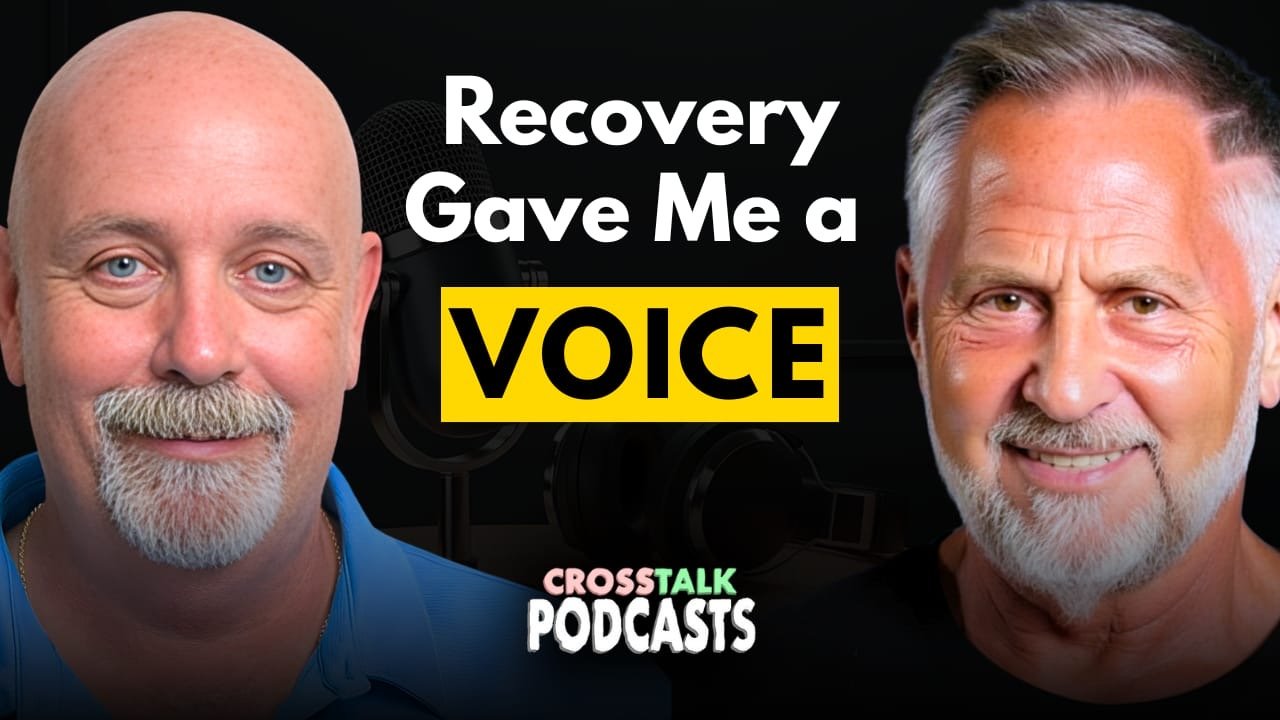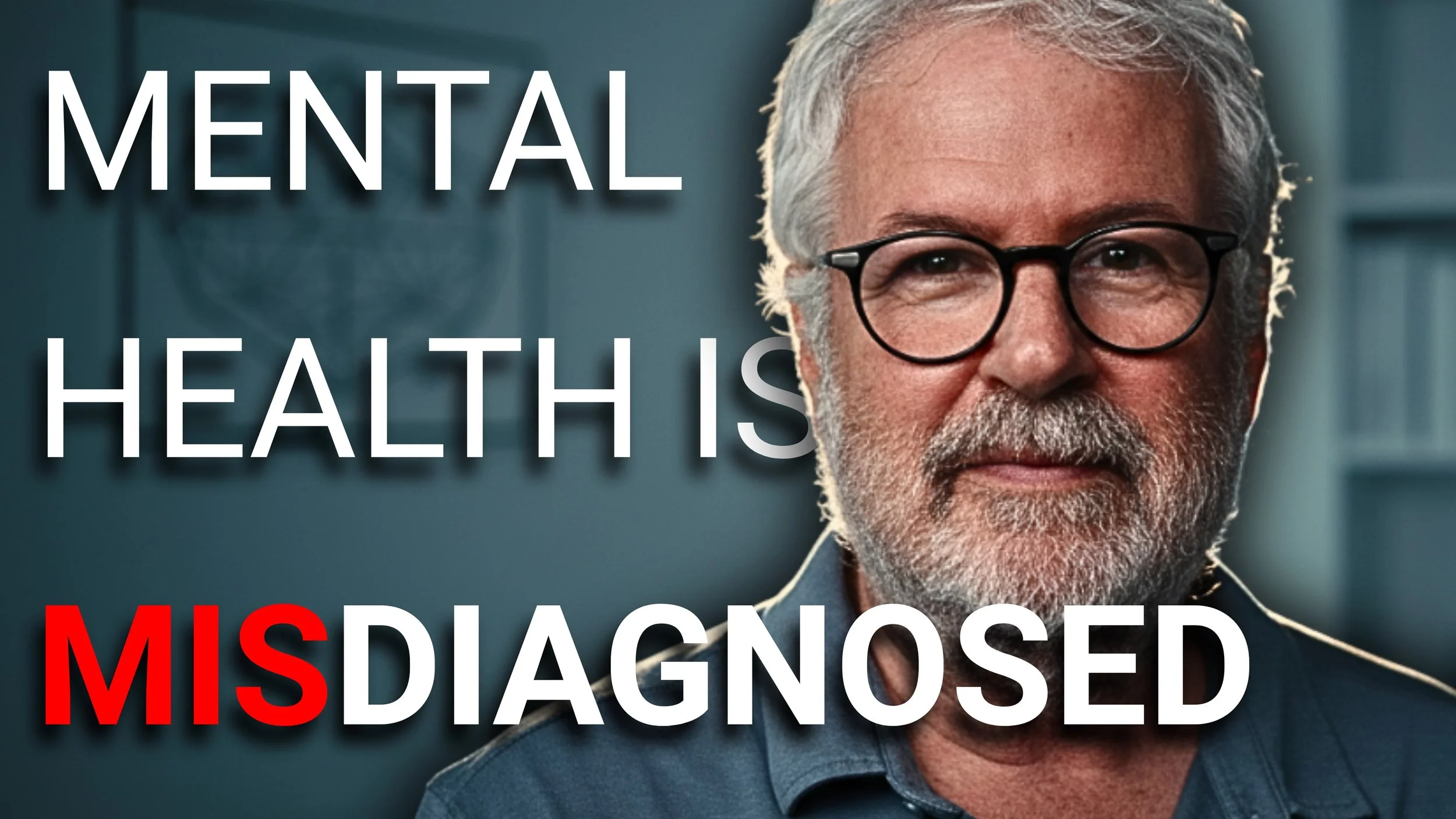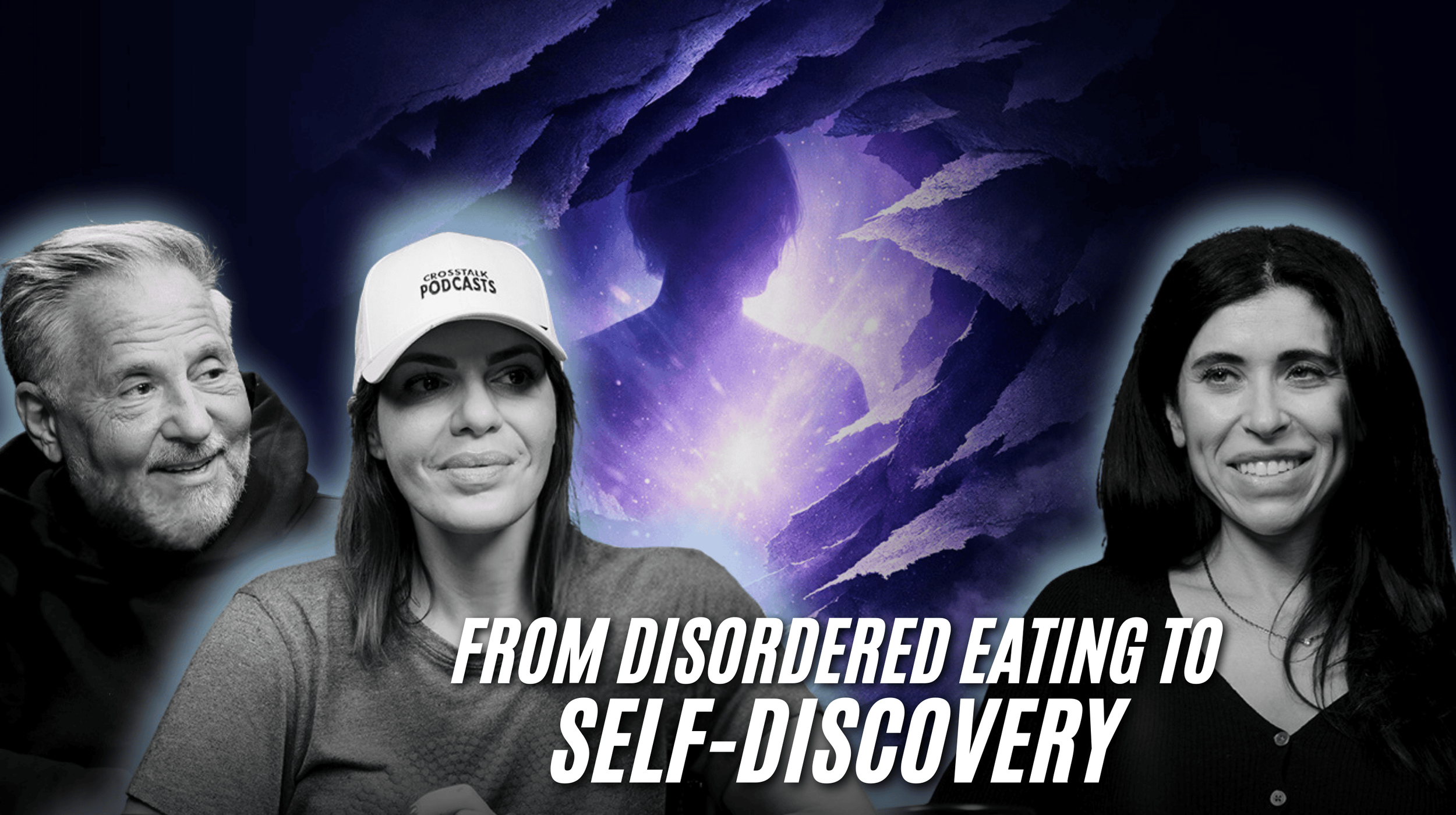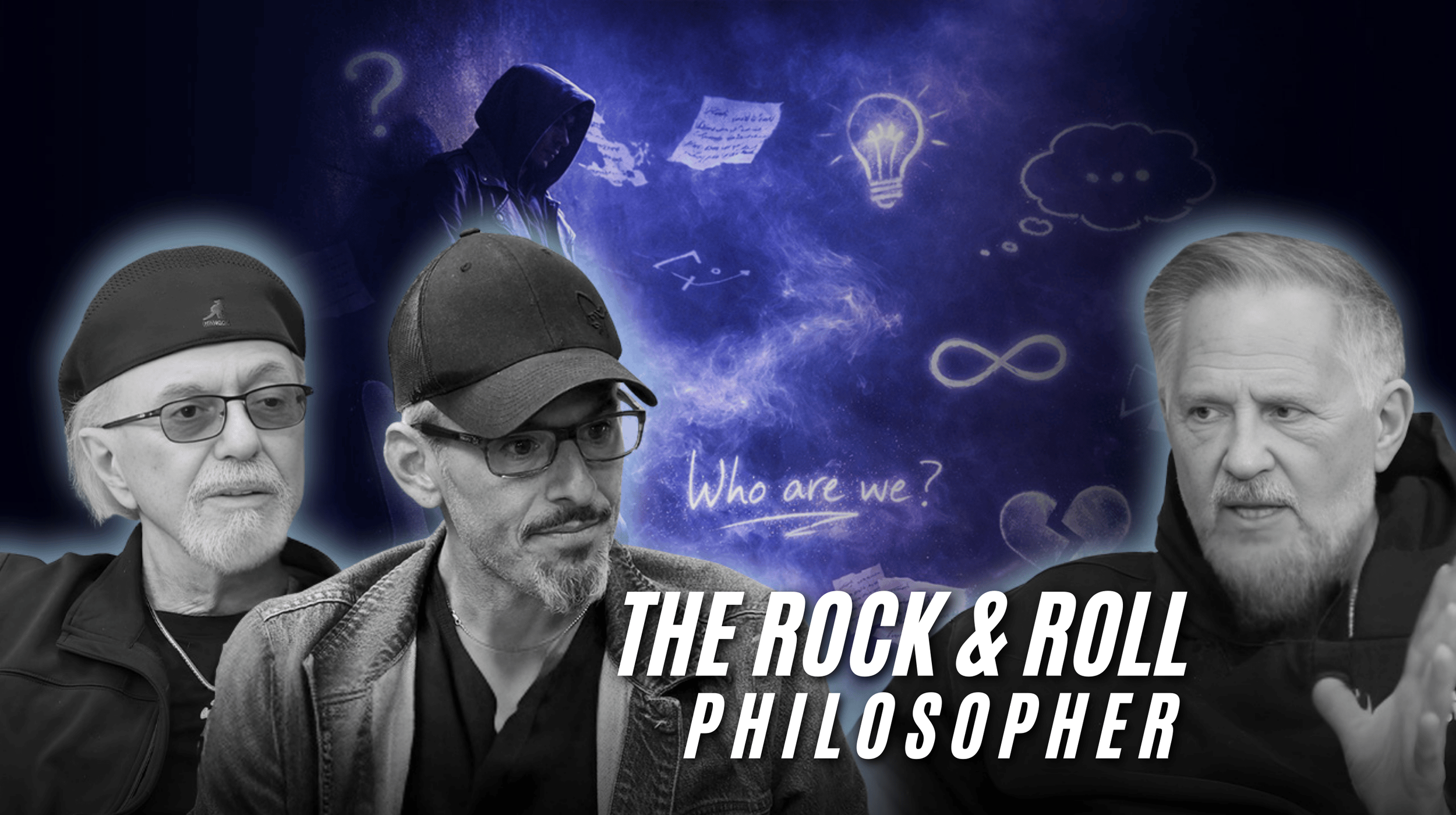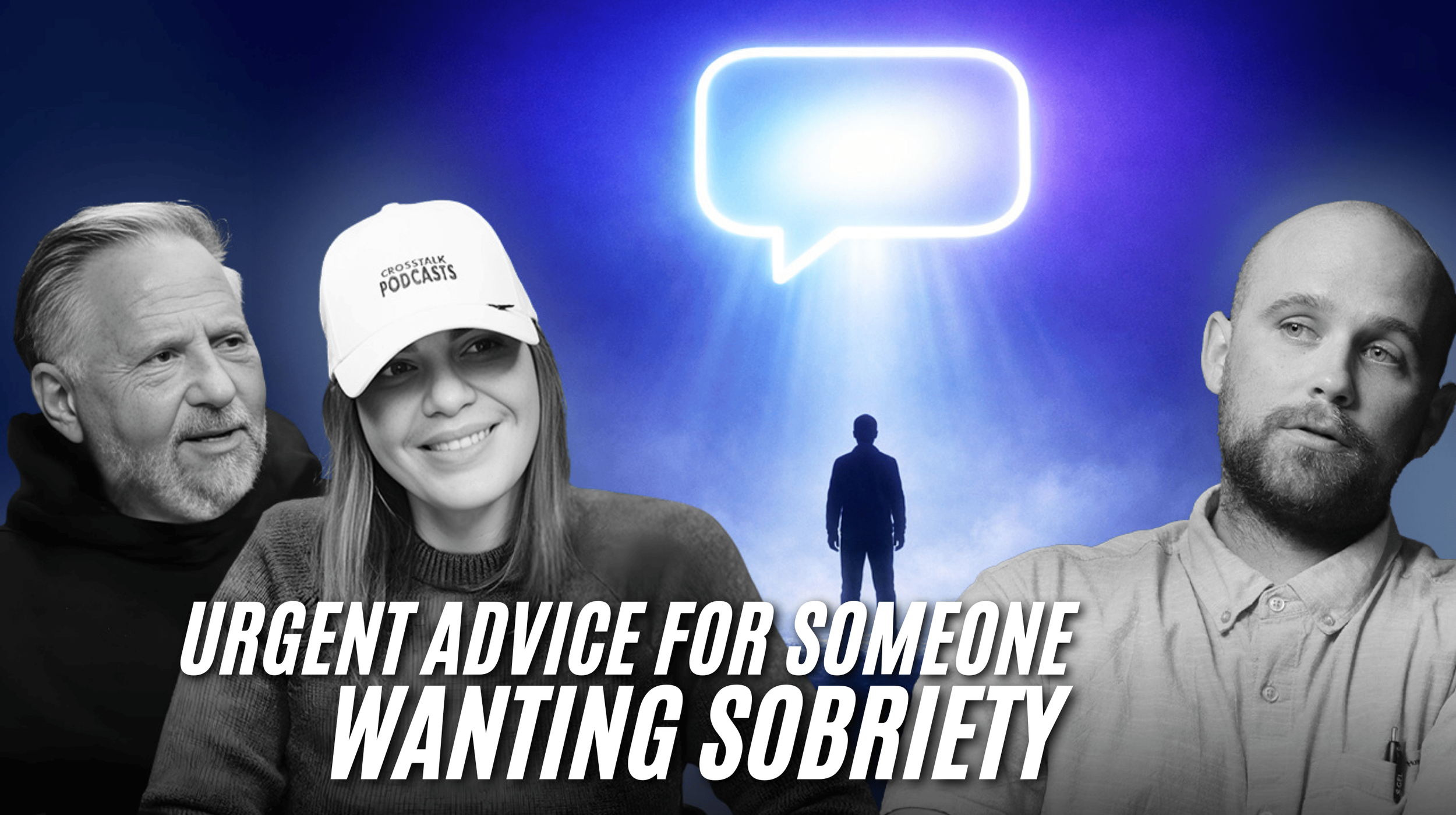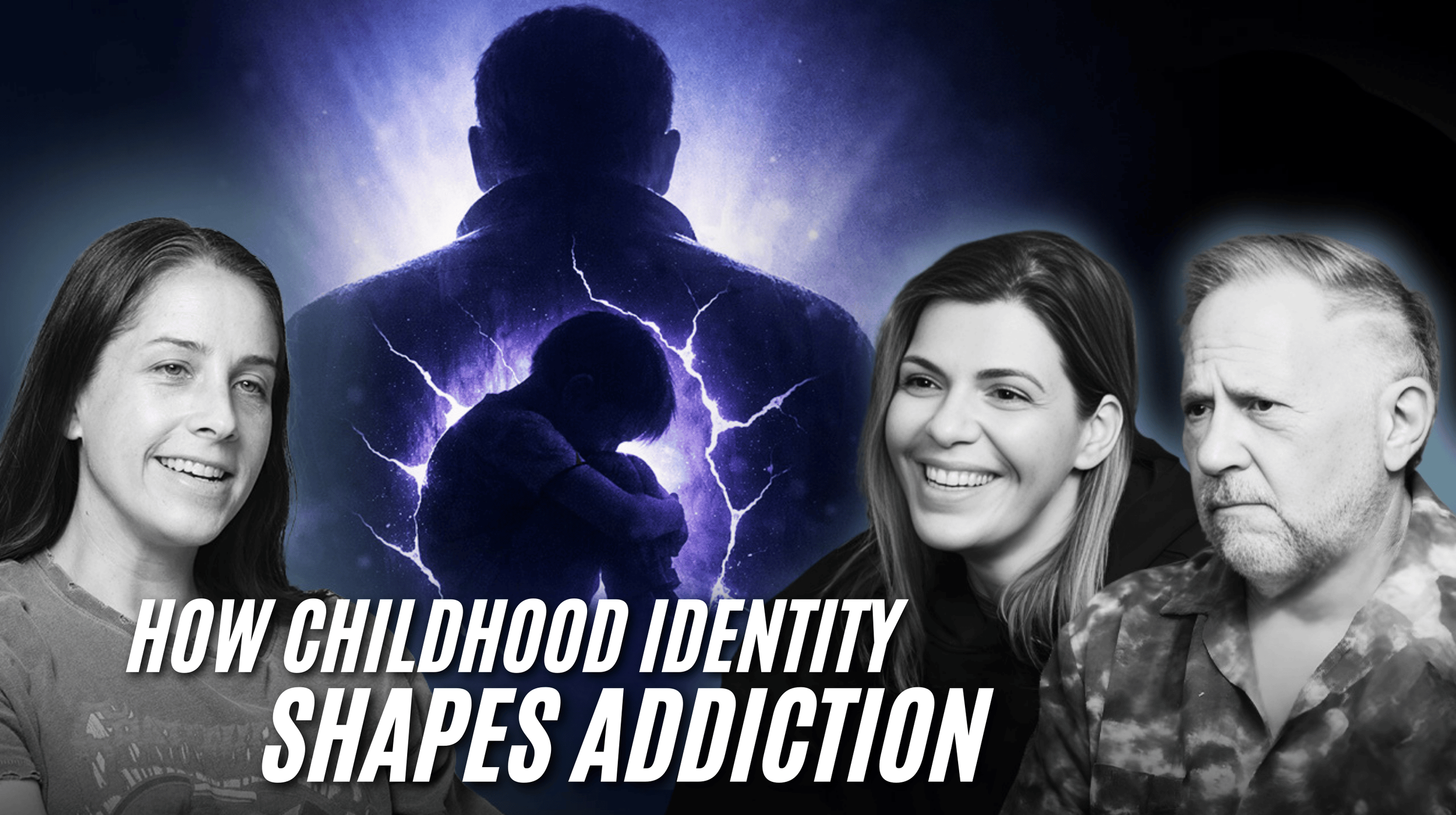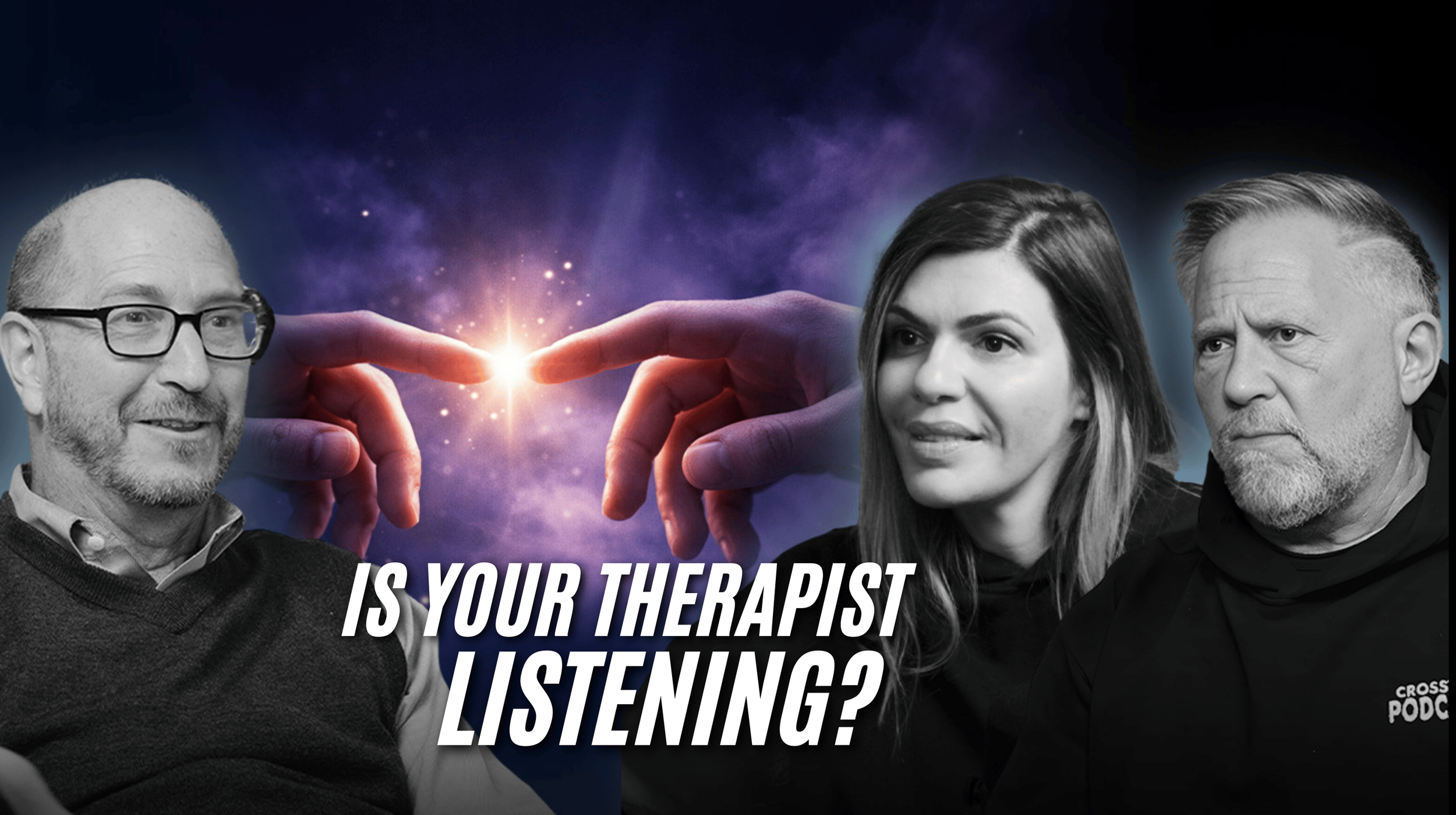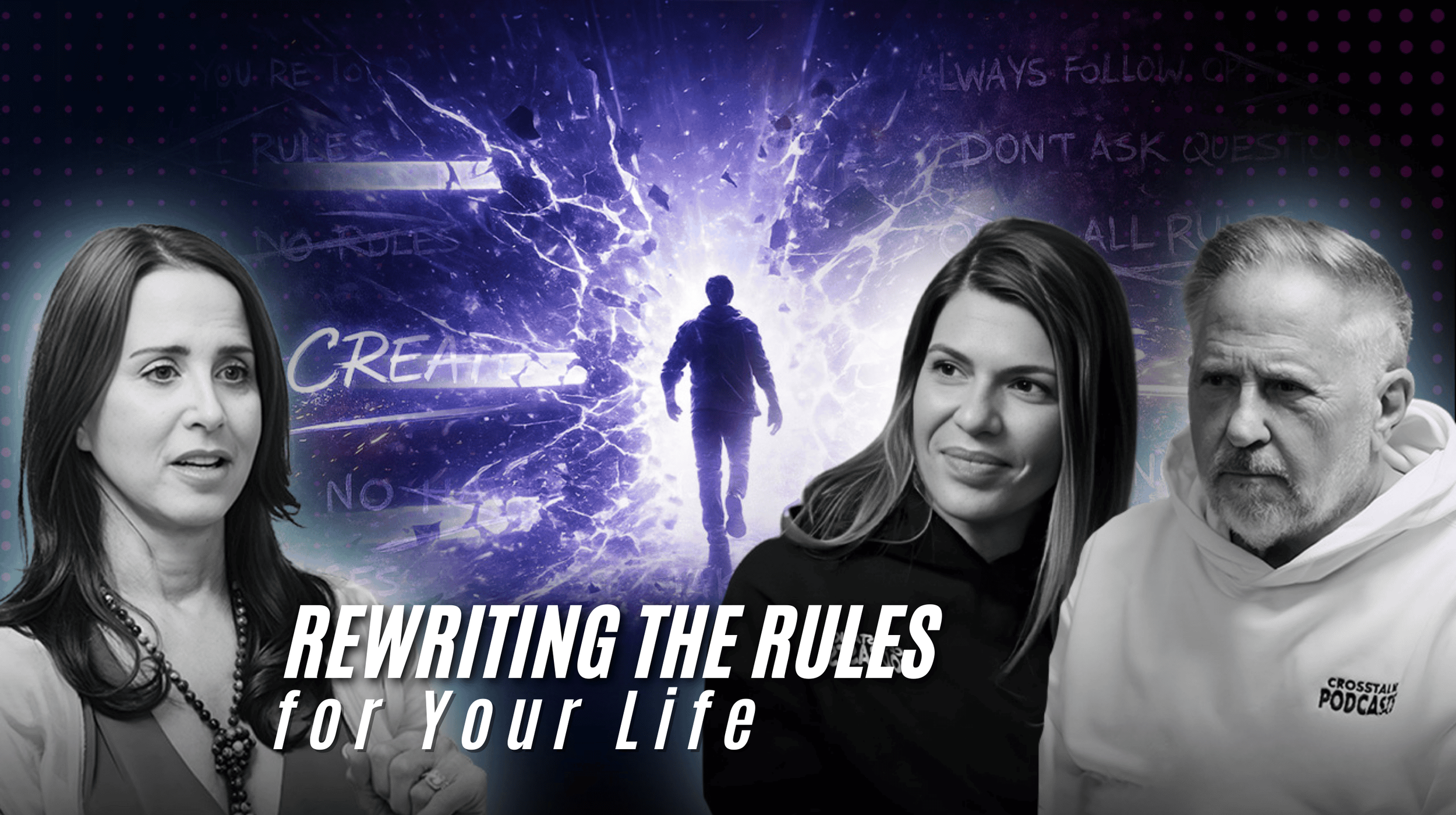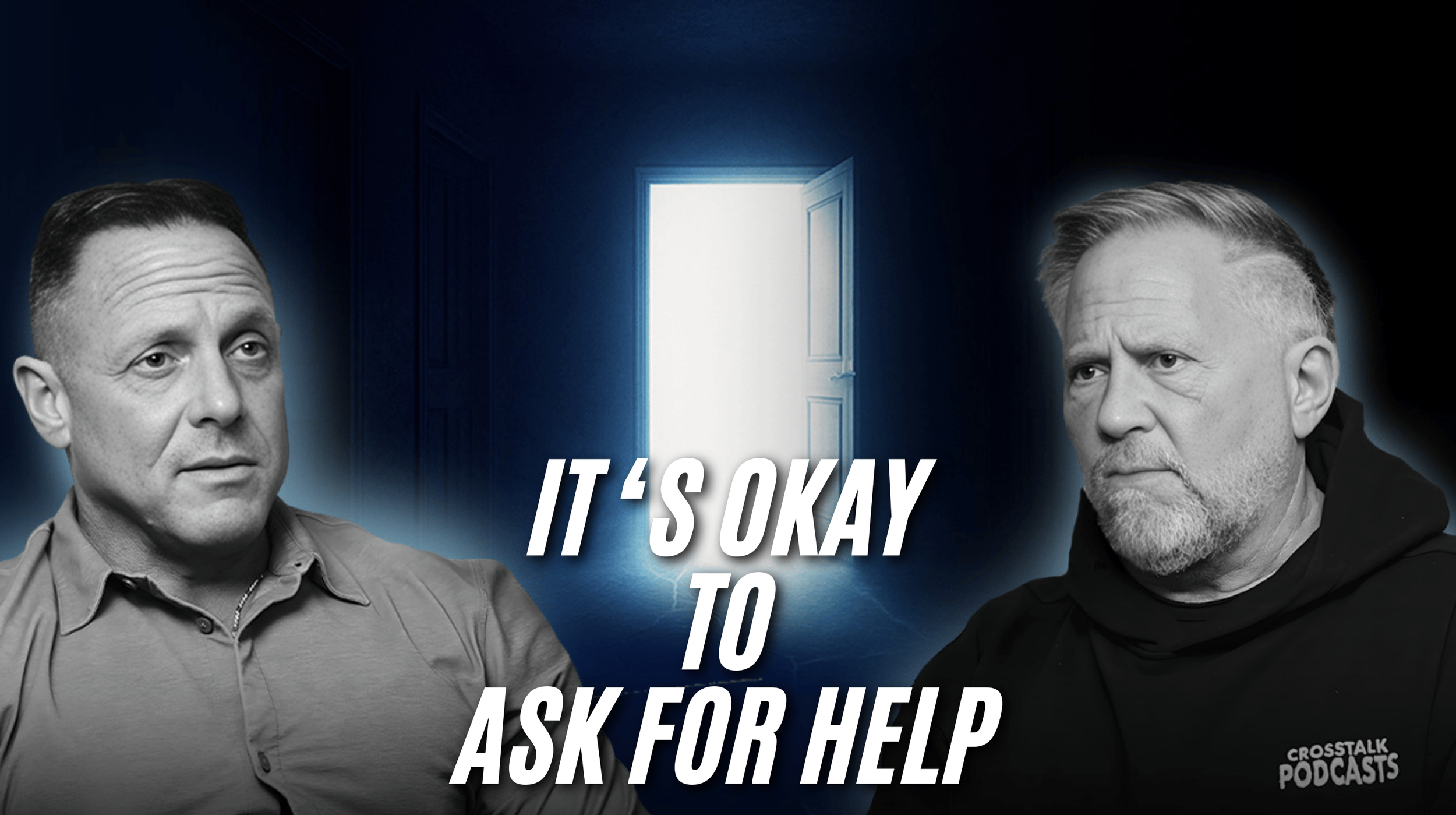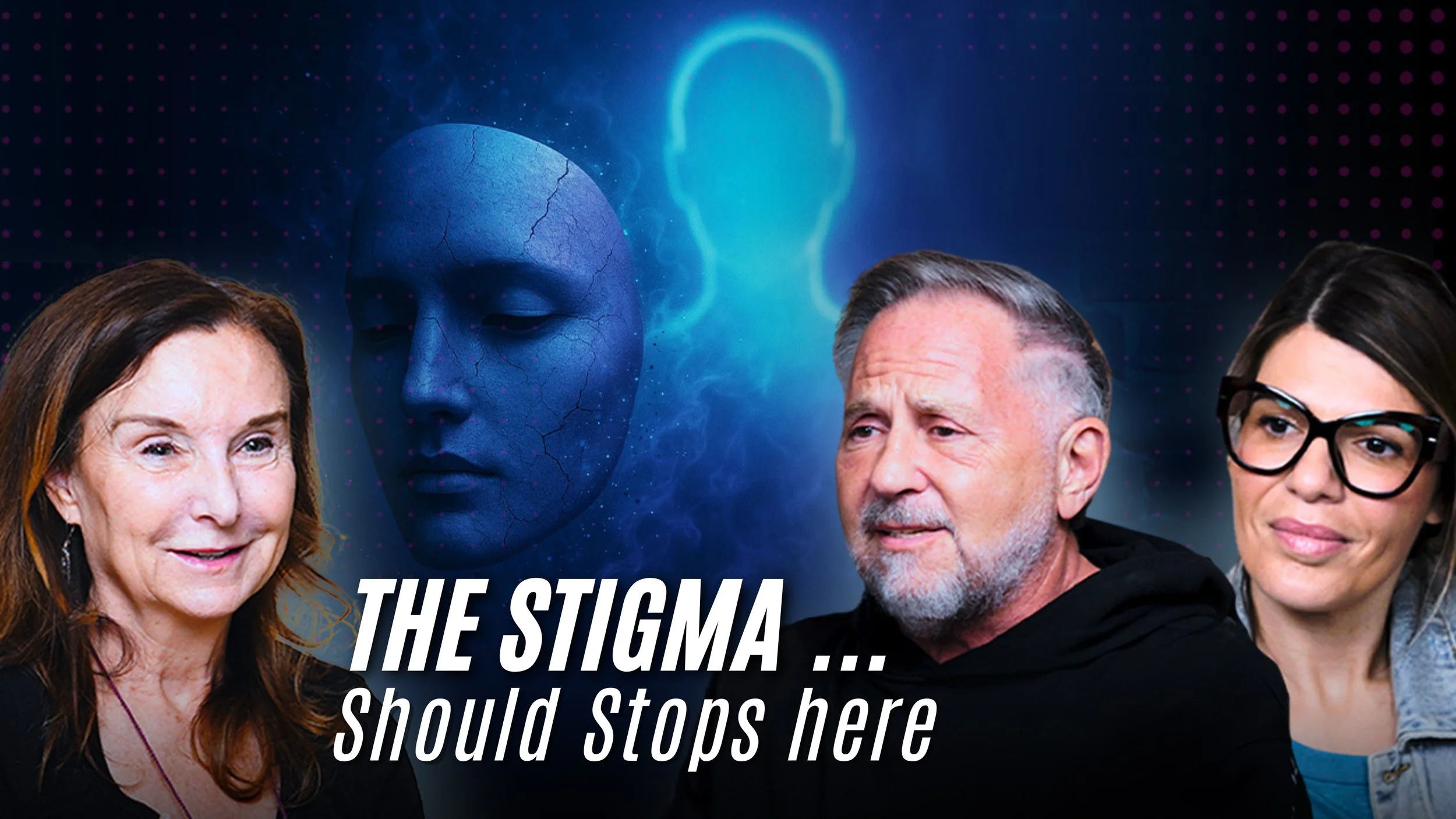How Suffering From Addiction Turned To Inspiration | Matt B.
Listen or watch on your favorite platforms
Meet Matt Butler—NYC-born singer-songwriter, former Universal-signed artist, and founder of the nonprofit Art That Serves. From music-fueled isolation and addiction to sharing songs in prisons across the country, Matt’s story is a powerful reminder of transformation through honesty, service, and purpose.
Matt opens up about his early life in Manhattan, his struggle with abandonment issues, and how alcohol and drugs offered a false sense of belonging. By the time he reached college at NYU, his substance use escalated, leading to arrests, broken relationships, and deep isolation.
The turning point came not in a courtroom, but in an office—when he finally admitted to his employers that he was struggling. That moment of accountability led him to treatment and began his 11-year journey in recovery. Today, he’s a touring musician bringing music into correctional facilities, using his story to inspire healing where it's needed most.
This episode is for anyone who has ever felt lost, isolated, or unsure of their worth. You'll leave with hope, insight into the power of art in healing, and a deep reminder that your past doesn’t define your future.
A childhood defined by Chaos
Born and raised on 64th Street in Manhattan, Matt Butler was a true New York City kid. His upbringing was layered with creativity, self-reflection, and early exposure to complexity. Matt’s parents divorced when he was around three years old—a moment that, while common, cast a long emotional shadow. “Am I still dealing with abandonment issues because of my parents’ divorce?” Matt later asked himself in recovery.
Despite a strong connection to music from a young age—“I remember being a little kid in the car with my mom… having songs stuck in my head all day”—Matt also grew up questioning his own identity. He went to three different high schools and always felt like he was auditioning for belonging. That sense of alienation would become a major theme in his life.
The First Drink and the Escape It Brought
By the age of 15, Matt’s drinking had already taken off. Though it began socially—hanging out in his bedroom with friends, getting drunk, and listening to music—there was always a darker edge. He wasn’t drinking to fit in; he was drinking to feel like he mattered. “Before I drank, I felt like a tuxedo with a pair of brown shoes. When I drank, I felt like a good dancer, funnier, like I belonged.”
Alcohol became his social armor, a way to bypass the anxiety of simply saying, “Hi, I’m Matt.” Instead, he pursued music not just out of passion, but as a way to be seen: “If I go on stage and make a spectacle of myself, maybe people will come say hello to me.”
The Grip of Addiction
College at NYU only accelerated everything. “Tons of isolating,” he said. The chaos spiraled. What once helped him connect now pushed everyone away. Arrests, failing grades, broken family dynamics—Matt’s life was falling apart. “I was the guy cleaning Washington Square Park in an orange vest for community service while my professors walked past me,” he recalled. “My behavior under substances became too problematic to be around people.”
His addiction wasn’t glamorous or reckless in the way we sometimes romanticize. It was lonely. It was self-erasure. It was the slow leak of identity. Matt’s behavior even led to him being restricted from his younger siblings due to safety concerns. “Not necessarily physical danger—but erratic behavior, emotional flare-ups, setting a bad example. It was disturbing for a kid.”
Active Addiction - The Descent
Matt’s bottom wasn’t a single dramatic moment—it was a long, quiet collapse. “I was sitting in my studio apartment. The lights had been cut off. The toilet was broken. I was lighting candles to see at night.”
But it was more than the setting—it was the spiritual weight. “I got to a point where I could no longer deny the reality of who I was. That’s where my spiritual experience began. It wasn’t ecstatic—it was terrifying. It was painful. I just knew: this isn’t who I am.”
That moment of clarity sparked a radical act of accountability. “I emailed my boss and told her I was struggling with alcohol and drugs. I can’t yank that email back.” The honesty opened a door. Her name was Judy—and she became an angel in Matt’s life, helping him get into treatment.
The Path to Recovery
Matt went to treatment at age 26, with the support of his parents and his employer. “I wasn’t hiding the truth anymore,” he said. For the first time, he surrendered. It wasn’t glamorous. It wasn’t easy. But it was real.
What followed was more than just sobriety—it was service. Matt started performing in prisons, singing songs about recovery. “The first time I performed for men in a heroin recovery program inside a jail, I felt truly seen.”
What began as one performance became hundreds. His nonprofit, Art That Serves, now brings arts programming and music into correctional facilities around the country. “I’ve worked in over 50 prisons. I’ve met people society forgot and reminded them—and myself—what it means to be human.”
Life today
Today, Matt Butler is 11 years sober. He knows who he is. “I’m no longer a shapeshifter. My life fits me.” He performs his one-man show Reckless Son, runs Art That Serves, and continues to use his music as a tool for healing.
But more than accolades or applause, what keeps Matt going is purpose. “There’s something inside me—a conscience, a soul—that guided me back to myself. I just had to listen.”
His message is clear: the life you want isn’t behind you. It’s waiting for you to claim it. And the first step? Just hold on.
“Hold on, man. It’s going to get better. It’s not always going to be like this.”
FAQs
1. What are the signs that someone is struggling with alcohol addiction?
Persistent isolation, declining performance at work or school, and changes in mood or relationships.
2. How does childhood trauma influence addiction?
Unresolved childhood trauma can fuel emotional pain, making substances feel like a coping mechanism.
3. Can creative expression help in addiction recovery?
Yes—art and music offer emotional release and connection, fostering healing and purpose.
4. What is the role of spirituality in recovery?
Spirituality often helps individuals reconnect with their values and find meaning beyond addiction.
5. How can someone support a loved one struggling with addiction?
Offer compassion without enabling, and encourage them to seek professional help.
Related episodes
ABOUT CROSSTALK
CROSSTALK reveals real stories of everyday people and notable figures, sharing their journeys from struggles to life-changing 'aha' moments with all kinds .



 Spotify
Spotify





